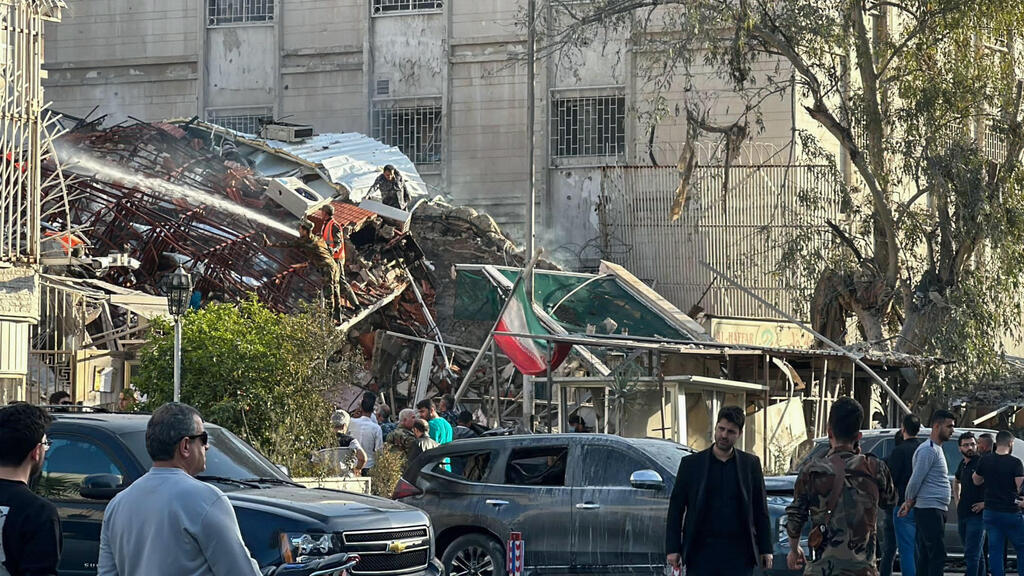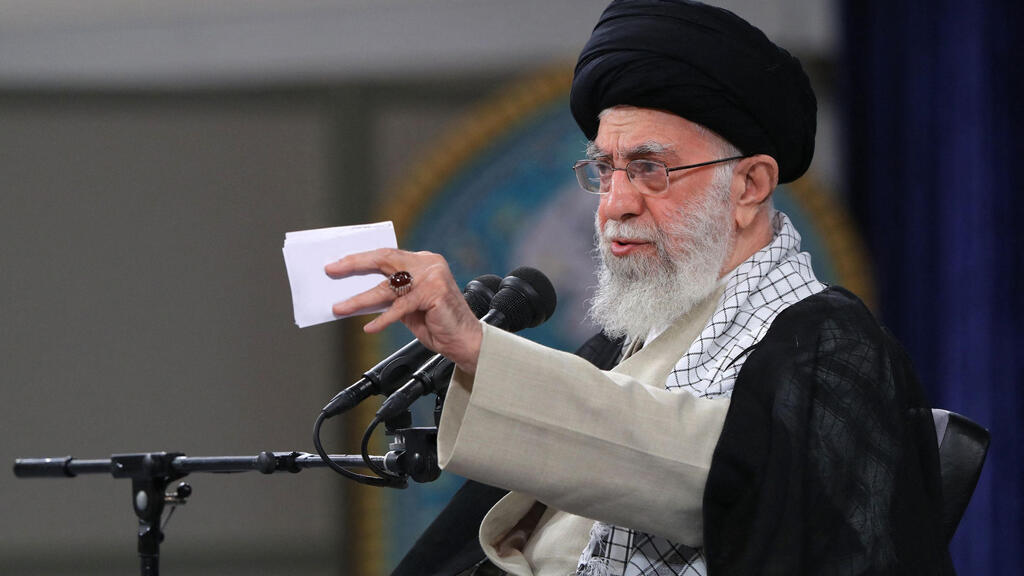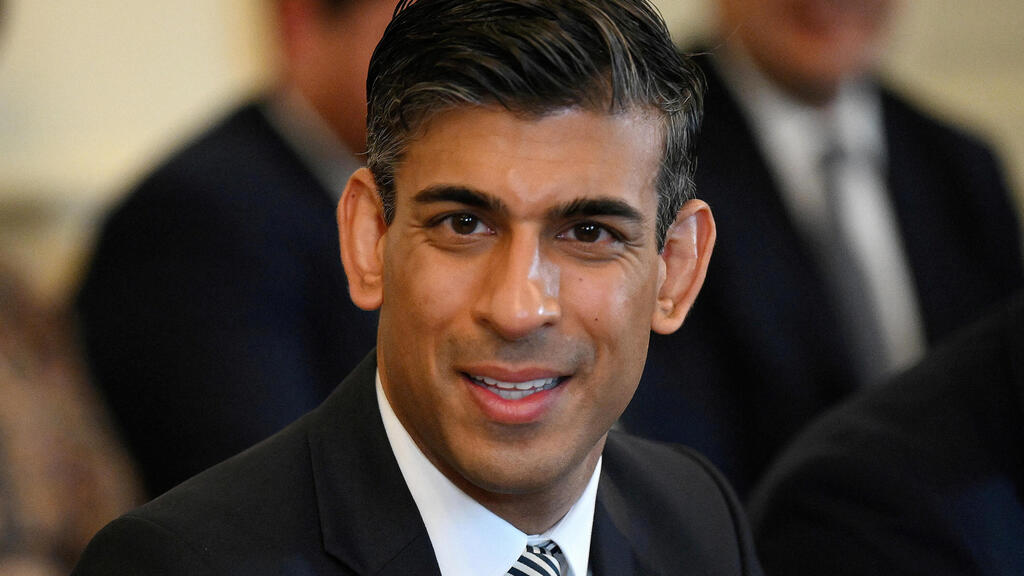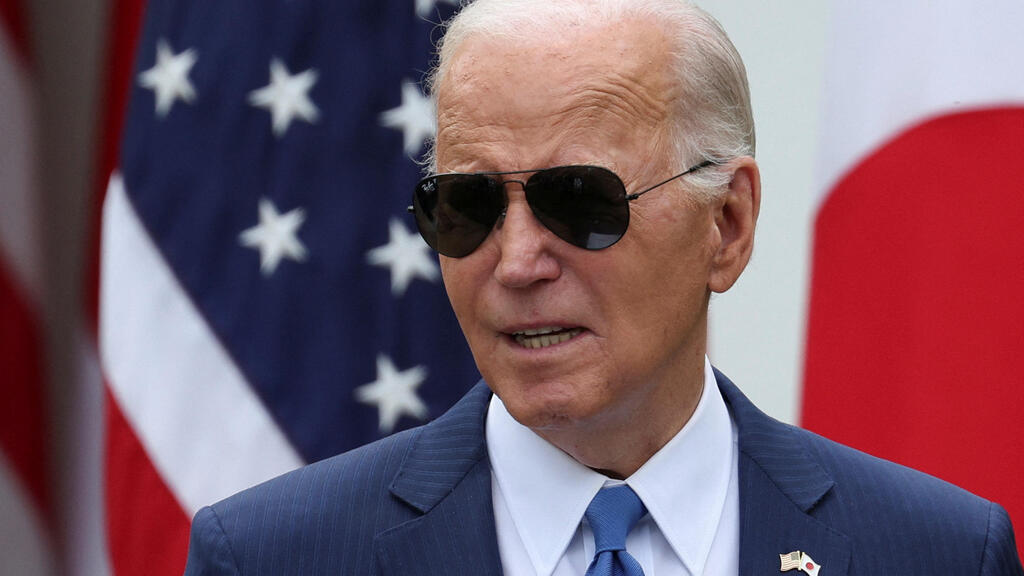Getting your Trinity Audio player ready...
Iran has signaled to Washington that it will respond to Israel's attack on its Syrian embassy in a way that aims to avoid major escalation and that it will not act hastily, as Tehran presses demands including a Gaza truce, Iranian sources said.
Iran's message to Washington was conveyed by Iranian Foreign Minister Hossein Amir-Abdollahian during a visit on Sunday to the Gulf Arab state of Oman, which has often acted as an intermediary between Tehran and Washington, the sources said.
A White House spokesperson declined to comment on any messages from Iran but said the United States has communicated to Iran that it was not involved in the strike on the embassy.
A source familiar with U.S. intelligence was not aware of the message conveyed via Oman but said Iran has "been very clear" that its response to the attack on its Damascus embassy compound would be "controlled" and "non-escalatory" and planned "to use regional proxies to launch a number of attacks on Israel."
The diplomatic messaging points to a cautious approach by Iran as it weighs how to respond to the April 1 attack in a way that deters Israel from further such actions, but avoids a military escalation that could suck in the United States.
The White House on Thursday, repeated its "iron clad" commitment to Israel's security amid expectations of an Iranian attack. The administration asked Arab nations in the area to deliver a message of caution to Tehran that if it attacked Israel it could ultimately cause a regional war.
The leaders of France, the UK and Germany also conveyed messages cautioning the Iranian regime. British Prime Minister Rishi Sunak said Iran's threats to attack Israel in retaliation for the killing of senior members of the Iranian Revolutionary Guard Corps (IRGC) were "unacceptable" and that the UK supports Israel's right to defend itself.
Iranian Supreme Leader Ayatollah Ali Khamenei said on Wednesday that Israel "must be punished and it shall be," saying it was tantamount to an attack on Iranian soil. Israel has not confirmed it was responsible, but the Pentagon has said it was.
The attack, which killed a top Iranian general, marked an escalation in the violence that has spread through the region since the Gaza war began. Tehran has carefully avoided any direct role in the regional spillover, while backing groups which have waged attacks from Iraq, Yemen and Lebanon.
4 View gallery


Aftermath of a strike on Damascus killing senior members of the IRGC, that was attributed to Israel
(Photo: Maher al Mounes / AFP)
Iranian-backed Shiite Muslim militias have not attacked U.S. troops in Syria and Iraq since early February.
One of the Iranian sources did not rule out the possibility that members of the Iran-backed Axis of Resistance could attack Israel at any moment - an option analysts have flagged as one possible means of reprisal.
The sources said Amir-Abdollahian, in his Oman meetings, signaled Tehran's willingness to de-escalate on condition demands are met, including a permanent Gaza cease-fire – something Israel has ruled out as it seeks to crush Hamas.
The sources said Iran also sought the revival of talks over its disputed nuclear program. Those talks have been stalled for nearly two years, with both sides accusing each other of making unreasonable demands.
And Tehran also sought assurances that the United States would not get involved in the event of a "controlled attack" on Israel by Iran – a demand which the United States rejected in a response delivered via Oman, the sources said.
Iran's retaliatory strikes would be "non-escalatory" toward the United States "as they don't want the U.S. to get involved," said the source familiar with U.S. intelligence, indicating Iran would not direct its proxy militias in Syria and Iraq to target U.S. forces in those countries.
The source added that Iran-directed strikes on Israel would likely prompt Israeli Prime Minister Benjamin Netanyahu to respond.
U.S. President Joe Biden said on Wednesday that Iran was threatening to launch a "significant attack in Israel," and that he had told Netanyahu "our commitment to Israel security against these threats from Iran and its proxies is iron-clad."
Israel has said it would answer any attack from Iran.
"If Iran attacks from its territory, Israel will respond and attack in Iran," Israeli Foreign Minister Israel Katz said in a post on the X messaging platform in Farsi and Hebrew on Wednesday.
The Iranian sources said the U.S. had asked Iran to exercise restraint and allow space for diplomacy, cautioning Tehran that in the event of a direct attack it will stand by Israel.
The sources said Iran believes Netanyahu aims to draw Tehran into a war, therefore its retaliation could be a restrained one that avoids direct strikes on Israeli territory and may draw on Tehran's allies.




